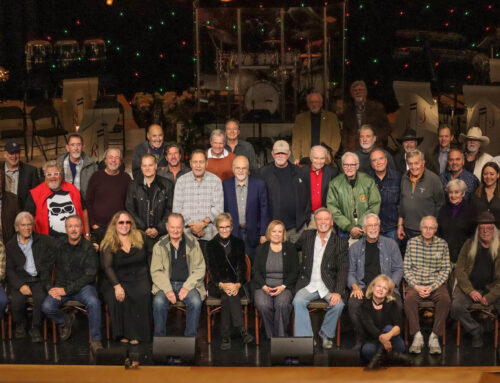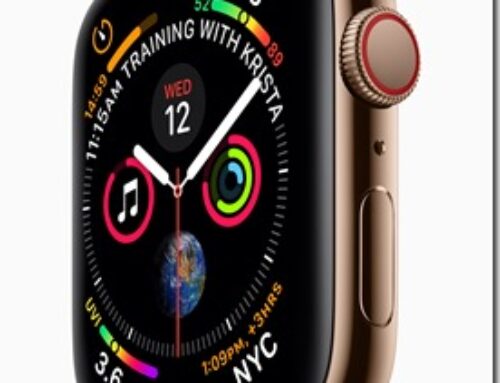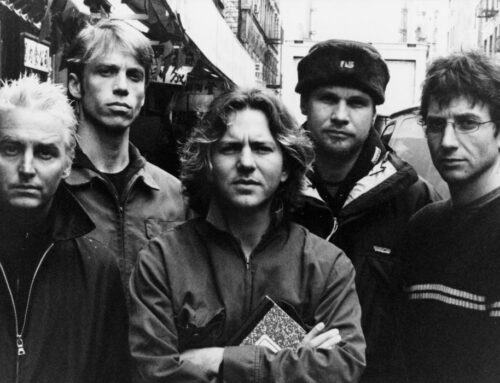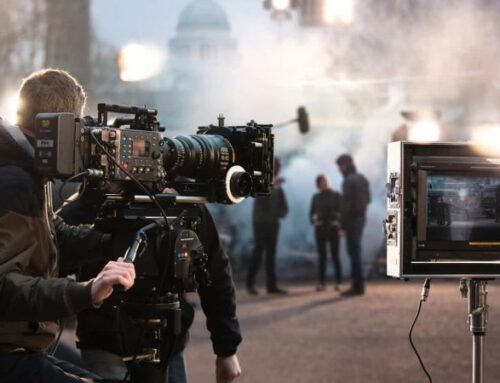by Erin Thiele and Morgan Wisted
NASHVILLE, TENNESSEE. Casey Dienel is suing Justin Bieber and his producer, Sonny Moore, p/k/a Skrillex, (among other defendants) for copyright infringement involving her song, Ring the Bell, from which she claims the Bieb stole musical riffs for his hit Sorry. She claims that the vocal riff she created in 2014 is unique and is the musical hook of her original composition. Here a link to the complaint, filed in the Middle District Federal court in Nashville, and styled Casey Dienel v. Warner-Tamerlane Publishing et al. So, I guess the question of the day is, “Should Justin Bieber be ‘sorry’ for Sorry?
Let’s take a breathe and consider whether, in fact, there is something to apologize for! Dienel’s stage name is White Hinderland. In her complaint, Dienel claims that Bieber and his producer, Skrillex, stole part of her song Ring the Bell that was released in 2014. So the real question might be, “What legal elements of copyright infringement will be relevant to determine this issue?”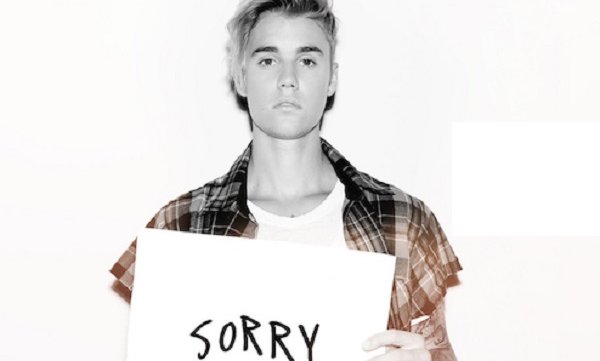
Basically, infringement of song occurs when someone other than the author takes any part of that song without permission, provided that what is allegedly taken is entitled to copyright protection. The elements of copyright infringement, simply stated, are
- Ownership of a valid copyright;
- Access; and
- Misappropriation.
That may sound easy enough, but proving each of those elements in a court of law can get a little tricky.
OWNERSHIP
Ownership of a copyright is easy enough to prove. Do you have a copyright registration certificate? If so, the court will give you a “presumption,” i.e., it will assume you own the copyright and you don’t have to prove anything else. That shifts the burden of proof to the defendant, who then is required to present evidence that you do not own the copyright. Since the devil is in the details of the remaining two elements, often the ownership element of the case is “stipulated,” or agreed upon by the parties before they ever get to court.
ACCESS
As for the second element, “access,” the “trier of fact” (either the judge or the jury – we’ll continue to call this the “court”) will attempt to determine whether the person allegedly infringing the song had access to the original song, the rationale being that if the person allegedly stealing material does not know the song exists, there is no way it can be stolen. So this element is pretty critical: if the alleged infringer has never heard the song, it’s likely the song had no influence on his creation. That’s a principal called simultaneous or independent creation. That principal is used to prove not only access, but substantial similarity as well. How does all of this add up for the Bieb? As with all cases, the opposing parties are making different claims:
Specifically, Dienel alleges that Bieber infringed a four-note riff at the beginning of her song Ring the Bell, using the same melodic riff in Sorry. In fact, she believes that the two riffs are so similar that the only possible conclusion that can be reached is that the Bieb and company copied the riff verbatim and used it throughout the entirety of the song Sorry. Listen for yourself:
Few responses have been generated by Bieber, Skrillex and the opposing party. The only ripple from that camp regarding the issue occurred, of course, in social media, in a tweet by Skrillex, who said point blank:
SORRY, but we didn’t steal this.
To that tweet, Skrillex attached a quickly constructed and attached the following video of how he produced that riff in Bieber’s song:
Skrillex Video on Twitter Feed
Keep in mind, of course, that this video produced by Skrillex may or may not have any legal effect, since it was produced by one of the parties after the fact. Remember that important 2nd element of access? Bieber and Skrillex claim that they never heard of the artist “White Hinderland” prior to her making these allegations, and, of course, claim that they never heard the song that they have allegedly infringed. In other words, they are claiming that they did not have access to “Ring the Bell.” If that claim is true, then Bieber should be sorry for nothing. On the other hand, if Ring the Bell indeed was the influence for Sorry, then it might be “too late to say I’m sorry” (pun, but no infringement intended) – only a number in the checkbook will do.
But there are always two sides to any legal argument, and we shouldn’t just take Bieber at his word simply because he’s the Bieb. In her complaint, Dienel alleges that she wrote the original song in 2014, and that Ring the Bell was the first song released off of her third album Baby, which achieved success on her label, Dead Oceans, a subsidiary of the group Secretly Canadian. The song has, in fact, been streamed almost a million times. In addition, the song received critical acclaim in many industry media outlets, including one mention in Rolling Stones magazine, which, in the February 13, 2014 edition, listed it as one of their “favorite” songs. It just so happens that this edition of Rolling Stones also contained a feature article about none other than Skrillex. Those facts can be easily verified. So, this little bit of chronology puts a bit of a damper on the defendants’ “never heard of her” arguments in regard to access in that a court could very easily determine that claim to be disingenuous and self-serving.
For her part, Dienel’s social media campaign is in full swing as well and is standing on her arguments that Bieber and Skrillex had plenty of access to her work. In her social media buzz, she states her desire that Bieber, as a fellow creator, should have just obtained a license to sample her riff. Dienel has been quoted numerous times stating, “Like most artists that sample music, Bieber could have easily licensed my song for use in Sorry, but he chose not to contact me.”
So, the element of “access” will turn out to be a dog fight, as it usually does, with both parties presenting their respective opinions.
MISAPPROPRIATION
The third element the court will examine is whether the parts of the song allegedly stolen are entitled to copyright protection at all, in this case the four-note riff. That’s called misappropriation. The rationale is simple: in order for someone to collect money damages for infringement of a creative work, the work has to be entitled to exclusive protection.
More specifically, in order for the riff to be entitled to copyright protection, it must possess a “modicum” of creativity, according to the Supreme Court. This is not a high standard to meet. Is four notes sufficient to meet the Supreme’s criteria for creativity? At least one court, the 6th Circuit has found that, in cases of a sound recording copyright, even three notes can be sufficient. See, Bridgeport Music, Inc. v. Dimension Films, 410 F.3d 792 (6th Cir. 2005). That’s not the always the last word of course, but if a court determines the requisite amount of creativity is present in the four notes, then the riff most certainly could be misappropriated. One interesting factoid here is the this case is being tried in the Middle District Court of Tennessee, which is governed on appeal by the 6th Circuit, meaning that it must follow the opinions of that higher court. Incidentally, Dienel is claiming infringement of both her sound recording and her musical composition, so this decision will be extremely relevant to the outcome.
Another factor considered when looking at misappropriation is how similar the two competing works are. The courts sometimes refer to this as substantial similarity. Once access is established, substantial similarity is a threshold beyond where that copying wrongfully appropriates the plaintiff’s protected expression. Courts look at this subelement both qualitatively and quantitatively to determine if the copyright is “striking” or “substantial” – something beyond a so-called “de minimis” use – but it is important to realize that such similarity can exist where the portion of the original work copied is small, but nonetheless constitutes the “heart” of the work, as Dienel is claiming here.
CONCLUSION
So there are some important take aways for artists, songwriters, and the minions that love them: (1) NO ACCESS – NO INFRINGEMENT. What someone doesn’t know won’t hurt him, literally, because there is no access; (2) DON’T RIP SAMPLES. If Bieber’s claim is true – that did not steal the riff but rather created it on his own – then it may be time for Dienel to say Sorry. But if Dienel can prove out the claims in her complaint, she will have a pretty good defense against the Bieb’s denial; (3) IF YOU HEAR SOMETHING AND SAY “LOVE IT, GOT TO USE IT,” GET A LICENSE. Always, when in doubt, get a license if you are sampling a sound recording, particularly if you live in the jurisdictions of the 6th Circuit. If Bieber and Skrillex did sample the riff, but had obtained a license, then there would be no lawsuit. It’s that simple. Licenses are always cheaper than defending a copyright infringement action in Federal court!
Is this a case of monkey (Bieb) see, monkey (Bieb) does? (Yes, I had to do it!). Or is this more a case where the monkey (Bieb) “hears no evil, does no evil”? This lawsuit is why I love copyright law so much: it has many angles and there are several ways to look at it. Lawsuits always have a least two sides! While it may be easy to jump on the bandwagon of the underdog, it has yet to be determined whether Bieber owes Dienel an apology (and tack on a few million), or does she owe him one? What do you think? Email us at info@shrumlaw.com or Tweet me @bshrum.


Written by guest bloggers, Erin Thiele and Morgan Wisted, edited by BNSesq. Erin and Morgan are students a Belmont Unversity’s Mike Curb School of Entertainment and Music Business program and intern at Shrum & Associates.



